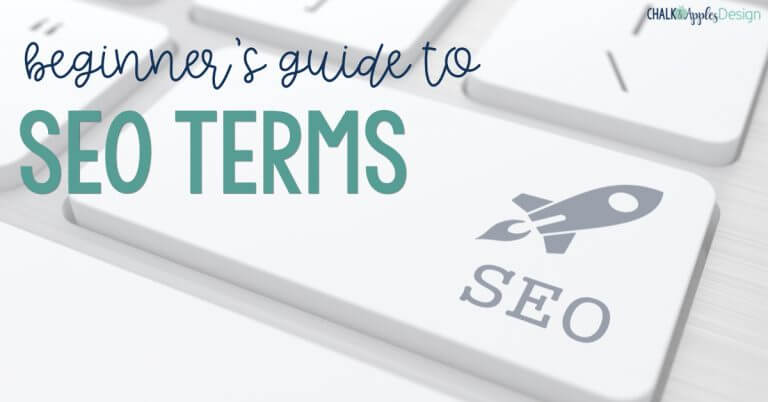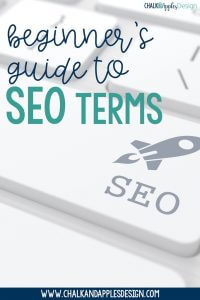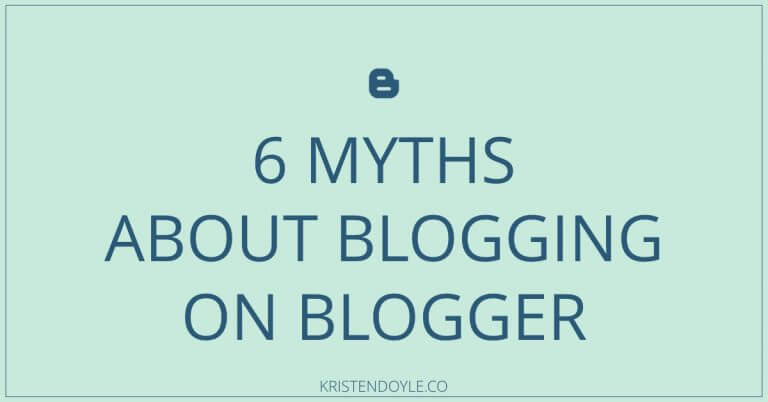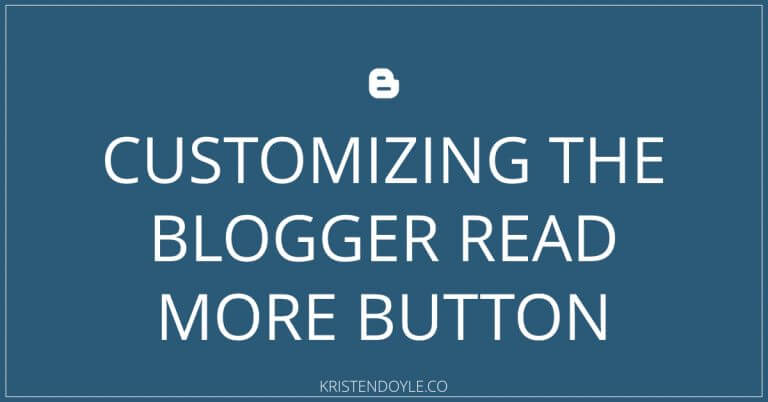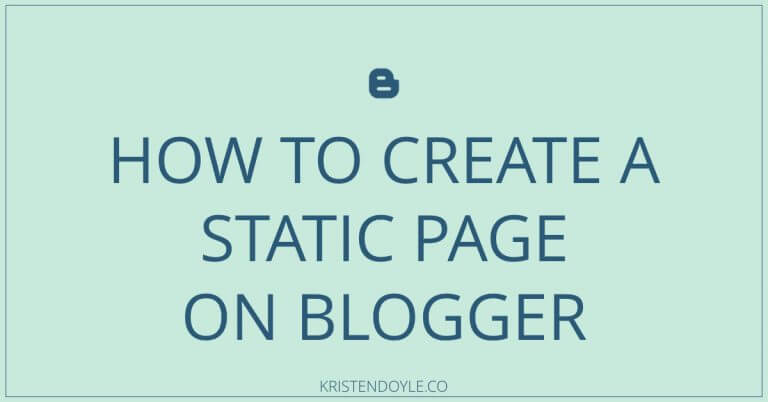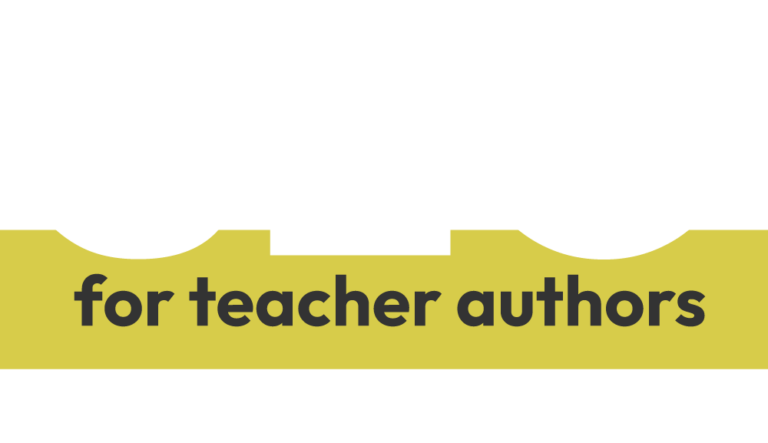When you first start learning about search engine optimization, or SEO, all of the terminology can be pretty confusing… almost like learning another language. To help you get a handle on all the new jargon you’re running across, I’ve created an SEO terms glossary just for you! This beginner’s guide to SEO terms will break down the most common SEO words and phrases and explain what they mean in non-techy language!
Ready? Here are the top 25 SEO terms you should know:
Alt text: a description of an image on your site in the site’s HTML. This is what search engines use to determine what an image contains.
Anchor text: the text displayed on screen in a link to a web page. This is the text that a reader clicks to visit that link.
Canonical URL: This is the best and/or original web address where a user can find a specific piece of content. The canonical tag (in the page HTML) can help search engines distinguish which URL is the best one if a piece of content is published in multiple places.
Crawling: the process in which search engines “crawl” around the internet discovering web pages
CSS: Cascading Style Sheets. This is the part of your code that determines how parts of your site look (fonts, colors, spacing, etc.)
Domain: the main web address of your site (ex. www.mysite.com)
External link: A link from one page on your site to a page on a different site
Heading: text on your website inside a heading tag (H1, H2, H3, etc.) This text is usually in a larger or bolded font.
HTML: Hypertext Markup Language. This is the code part of your website that search engines actually read. You can usually see the HTML for a post or page you’re composing by clicking Text or <> in your page compose window.
Inbound link: A link from another site onto yours
Indexed Pages: pages on your website that are stored by search engines
Indexing: the storage and organization of content that is found when search engines crawl web pages
Internal Link: A link from one page on your site to another page on your site
Keyword: the primary word(s) that describe your product/blog post
Long-tail Keywords: longer search phrases, typically 3+ words, that are more specific and generally better for small businesses to use because there’s less competition for them
Metadata: Data (in the HTML code for a page) that tells search engines what your site is about
Meta Description: The 125-160 character description Google displays in the search results. AKA Snippet or Search Description
Nofollow: This tag tells search engines not to pass SEO credit to another page. Do not use this with links in your own website.
Page Title: the name of a specific web page. Often the name of your blog post or product. Most sites give the H1 tag to your page title.
Ranking factors: the elements of your page that search engines use to determine where to rank that page in a specific search (ex. the text in your H1 or title tag, the number of times a keyword is used).
Search query: words typed into the search bar in any search engine
Search Volume: Number of times a keyword is searched (usually shown as a monthly search volume)
SERP: Search Engine Results Page or Search Engine Ranking Page. This is the results page you’re taken to after entering a search query on a search engine.
Traffic: the number of visitors to your site
URL: The web address of a specific page on your site (ex www.mysite.com/about)
Whew! That’s it. Your top 25 must-know SEO terms. Don’t try to memorize them or anything, but pin this for later so you can come back to it when you encounter an SEO term you don’t understand.
Want A Printed Copy Of The SEO Terms Glossary?
Just enter your email address below, and I’ll send it right over!

